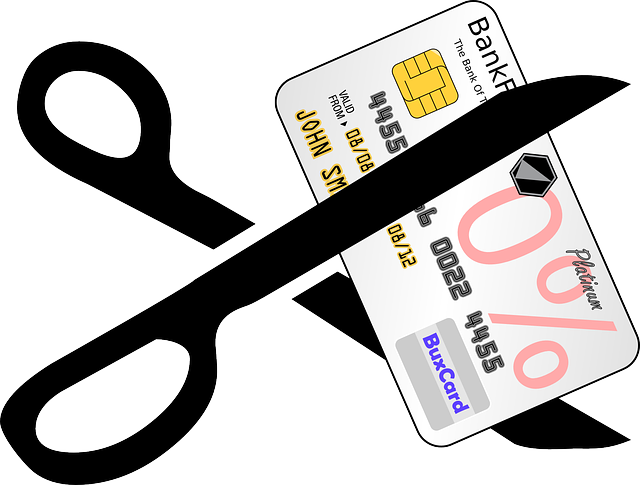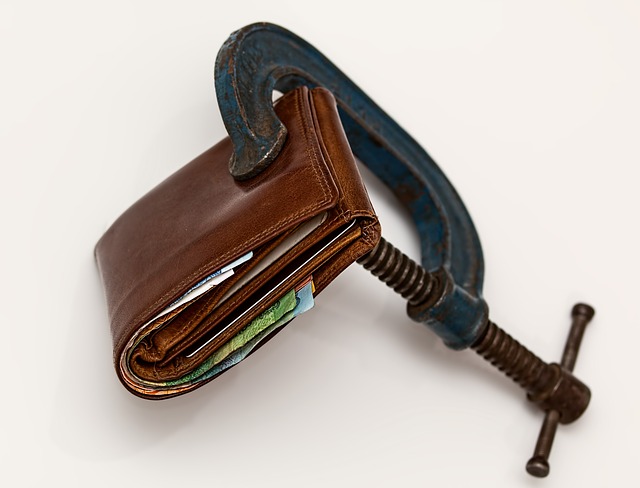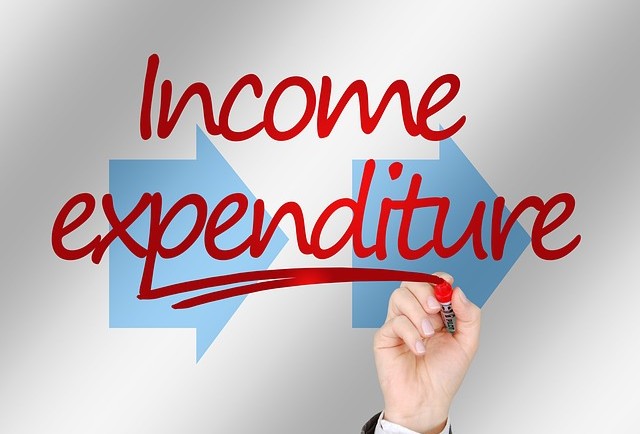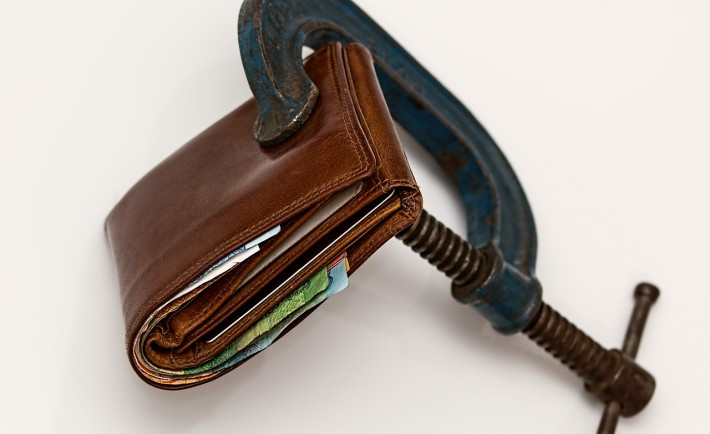For a blossoming romance, a lover’s worth cannot be measured by his or her bank account, neighborhood, and car. The lack of these “financial signifiers” may serve as warning signs along the way but not as the destination itself.
However, the weight pressed on money when dating hardens as the relationship grows. Couples begin to examine whether they can trust each other’s financial decisions as well as whether they can make sacrifices for the common good. Nobody wants to end up with someone who has no motivation (slacker) and discipline (deadbeat)!
Particularly, money is a major factor in dating when…
1. BEING BROKE AFFECTS YOUR DATING HABITS
There is nothing wrong with spending a date at home with a bunch of DVDs and home-made meals every once in a while. But if low-cost dates are the only types of dates you can afford due to your outstanding debt and insufficient income then you may be in trouble.
According to Toni Coleman, a Psychotherapist and relationship coach, regularly suggesting to do cheap activities can be a serious red flag for your date. If you are essentially broke and your debt affects your romantic life, consider spending more time satisfying your credit score first instead of “pleasing” a potential partner.
2. THERE ARE DIFFERENCES IN YOUR MONEY BELIEFS
You see, all of us hold a set of beliefs about money (e.g., how it should be spend or how it should be earned). Whether we learned it from childhood or thru our experiences, we will carry these beliefs for a lifetime. If your lover sees no point in spending lavishly on dates and gifts when courting you and you desire that, then you can get into an argument. You cannot throw all your goals and values in the rubbish just because your current partner has different beliefs.
You have to do what is best for you and your finances.
3. YOU COMPLAIN ABOUT YOUR FINANCIAL ISSUES
It is never attractive to talk about how expensive things are and how these negatively impact your life. Your date does not want to hear you complain about what you can and cannot afford because it makes the person feel that he or she is an added financial burden.
If you have been a couple for over two years then it is okay to share your financial issues as relationships are built on trust and respect. But if you have not been dating for that long, think about the wrong message you are sending thru your constant money complaints.
4. YOU HAVE SUBSTANTIAL DEBT
Having a substantial debt with a bad credit score is a deal breaker for lots of people! FreeCreditScore.com polled 1,000 adults in 2013 and found that about 30% of women and 20% of men said that they would not marry a person with a low credit score. In contrast, a good credit score proved to strengthen the union of two people.

Image Credits: www.pixabay.com
Although money is not a major factor in the first stages of dating, few years down the road you will realize how important it is in a relationship. After all, money or the lack of it, is usually the predictor for most divorces.








